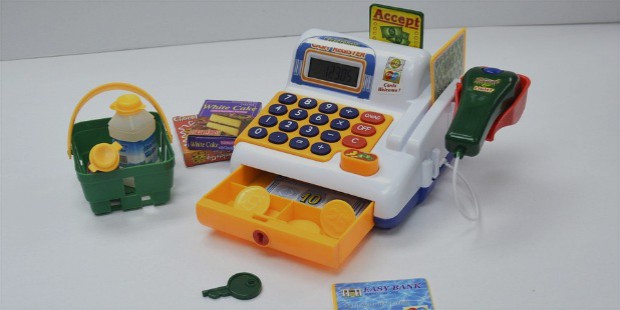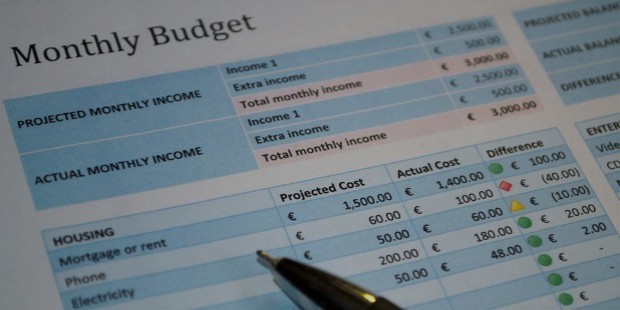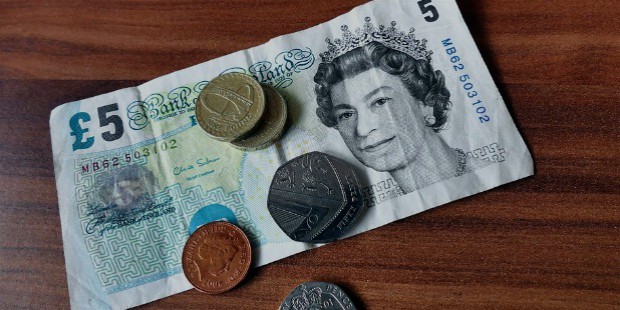10 Ways to Teach Your Kids to Be Frugal

Learning to spend your money wisely is a life-skill that can make the difference between living from paycheck-to-paycheck and owning a nice house, your own business, and relaxing in relative comfort.
How do you impart this important lesson on your kids? Here are 10 ways to teach you kids to be frugal.
1. Teach the Difference Between Wants and Needs

When a child says 'I want that!', correct them and discuss. Praise them as they start to realize the differences between wabts and needs, and remind them that once their needs are addressed, they can work towards obtaining the things that they want. It's a simple distinction but an important one.
2. Play Games that Use Money

Monopoly and Payday, for instance. Games that involve spending money or strategically saving it to get the more important pieces are a subtle way to teach important lessons early.
3. Make a Savings Jar and Match Their Contributions Weekly

Get a jar that they can save change inside of. Encourage them by telling them you will match what they put in at the end of each week. This gives them a visual idea of the concept of saving and your promise to match it will help them to think about the choices that they will have later for being patient.
4. Open a Savings Account for Them

After they've done well with the jar, it's time for an upgrade! Set up a savings account in your child's name. Go once or twice a month to deposit what they have saved and make a big deal of it, perhaps with ice cream after or a day in the park. Reinforce the feeling that saving is good for them.
5. Show Them When You Make a Budget

When it's time to make the monthly budget, let your child see how it is done. Show just the basics. This way they can learn early what percentages of income go to housing, utilities, groceries, and savings. After a time or two, let them write it in a notepad and ask them how they would make the budget. Encouraging discussion plants the concept in their minds early.
6. Make a Chore Chart Instead of Allowance

Make a list that has not only the chores they are expected to do weekly, but a list of additional things that they can do to earn more. If the child complains that the payment is very small for these chores then ask them, 'well, how much do you want that doll or skateboard?'. This teaches them independence and that their goals are achievable if they are willing to work for them.
7. Give Them Their Chore Money in Small Denominations to Encourage Saving

When you pay them, use small denominations so that they can easily put a part in Savings. Instead of a ten dollar bill, for instance, give two five dollar bills. This makes it easier for them to put a little in savings instead of running out to spend a single bill.
8. Look for Deals Together in Stores or on the Internet

If your child sees something they want in a store, ask them to wait before buying it. Then take them to search other nearby stores or to surf the internet to see if they can find it cheaper. Often, the price difference will be significant and this can teach them the value of resisting impulsive purchases.
9. Teach Them to Prioritize

Have your child make a list of the things that they want to spend their money on. After this, tell them to put them in the order of most importance. Teaching them to prioritize the items they will spend money on is another important lesson when imparting frugality.
10. Let Them Make Mistakes

This is arguably the most important on the list. Wisdom is often paid for in the coin that we call 'mistakes'. Let your child stumble with their money while you are teaching them and don't scold them overmuch. Simply remind them to be more careful next time; and after that, just remind them of the lessons we've listed here. Kids learn fast.
We hope that you've enjoyed these 10 ways to teach your kids to be frugal. Use these lessons to help your child understand the benefits of avoiding impulse and using their money wisely. It's a life-lesson and a gift of wisdom that you are providing to them that can directly contribute to the success they will enjoy later in life. You can be sure that they will thank you later!









